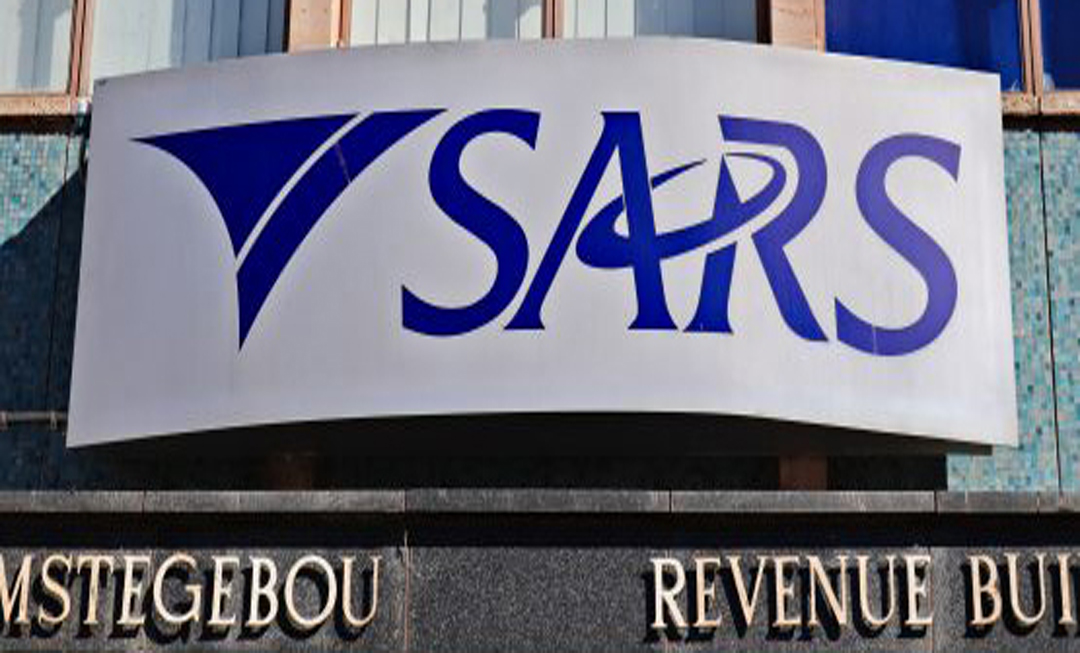SARS reveals VAT Modernisation plans for SA businesses - Are we ready
-
12 Feb, 2024
-
4 min read

In September 2023, South African Revenue Services (SARS) published a paper announcing its plans to modernise South Africa's VAT reporting framework. With these changes set to impact all SA VAT vendors, this post serves to provide South African businesses with an overview of SARS's reasoning for its VAT modernisation plans, the expected benefits and what businesses can do to prepare for these upcoming changes.
The Need for Modernisation: Why is SARS updating the VAT framework?
While VAT is the second highest source of SARS revenue, its framework has remained largely unchanged with little modernisation having taken place since its being originally introduced back in 1991.
For the past 30 years, VAT has continued to be reported and paid on a self-assessment basis. Because of this, VAT has the lowest supply chain visibility compared to any other tax type in South Africa, which as noted by the paper, results in the current VAT system being highly exposed to inaccurate returns and potential, lost revenue.
The risks associated with inaccurate VAT returns have further implications in the form of significant resources spent on verification and audits. And ultimately, it is the vendor who must bear these costs in the form of (often) unnecessary audits or delays in the processing of VAT refunds.
What are the benefits of VAT modernisation
The SARS discussion paper mentions that while modernising their VAT systems will help to streamline the VAT return process and reduce the potential VAT reporting gap, modernisation will also help achieve the following benefits and objectives:
- Faster and improved processing of VAT refunds
- Increased accuracy of VAT returns
- Easier and simpler updating of demographic information.
- Reduced need for manual verifications or audits with a move towards e-verification or e-audits where necessary
- Fewer disputes
- Freeing up of resources to focus on other objectives
- Enable auto registration and deregistration.
- Simplifying the calculation of VAT and lowering the burden of traditional VAT recording systems for vendors.
How SARS intends to implement a modernised VAT framework
As stated in its discussion paper, SARS notes that "the future of VAT modernisation is to receive digitally transmitted VAT data". Such discussions around digitization come at a time where many countries are embarking on their own VAT modernisation journeys with many having introduced or plan to introduce real-time VAT reporting frameworks.
The common approach to achieving the above is through encouragement or mandating of electronic invoicing, otherwise known as e-invoicing. An e-invoice is an electronic document that is stored using specific data formats like XML, allowing for a seamless information exchange, whereby the data underlying the document can be automatically processed by a computer.
Therefore, by mandating businesses to send out e-invoices, as opposed to paper or PDF documents, a framework can be created where businesses can transmit the underlying document or transaction data to their relevant tax authority.
With that said, the paper does note that SARS are still in the early stages of development and the exact details of their VAT modernisation framework will still need to be confirmed. In the meanwhile, SARS plans to support businesses and raise awareness of these upcoming changes through targeted and dedicated education campaigns.
How will South African businesses be impacted?
In order to comply with SARS's future VAT modernisation objectives, businesses will likely require systems that facilitate the preparation and distribution of e-invoices as well as the transmission of all e-invoice data to SARS, on a regular basis, in SARS's desired format. Should businesses be required to adhere to SARS's aims of near real-time VAT reporting, businesses may be required to transmit data on a daily, six-hourly or even hourly basis.
Regarding implementation timelines, SARS notes, in its paper, its desire to initiate rollout as soon as possible but recognizes that a realistic timeframe for implementation would be approximately 5 years. It is therefore advisable for businesses to keep track of upcoming developments and start looking into potential VAT modernisation or e-invoicing solutions.
What's next?
As part of its process to develop a modernised, South African VAT regime, SARS also reached out to all affected stakeholders to submit contributions on the following matters:
- The formulation of VAT data models
- The digital transmission of VAT data
- The formulation of a modern VAT return with disaggregated and new data disclosure fields
As an existing, South African e-invoicing solutions provider, System1A will continue to follow developments in this space.
Should any of our readers or clients wish to find out more about e-invoicing or what they can do in preparation for upcoming VAT modernisation, we invite you to reach out and contact us with your questions or concerns.
Read the full SARS discussion paper here.
Related insights






